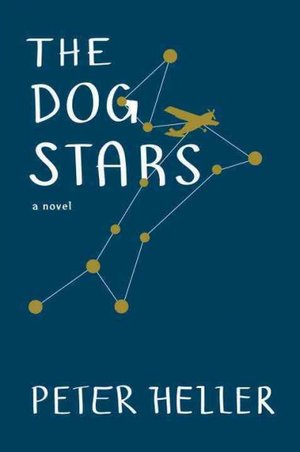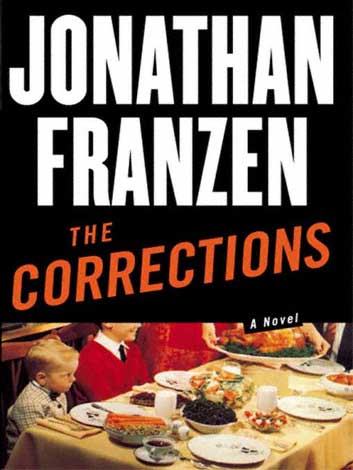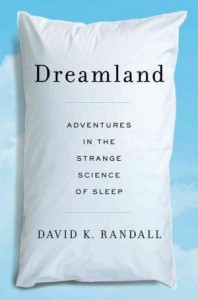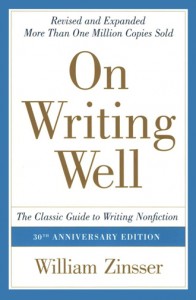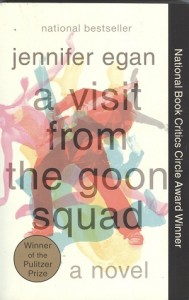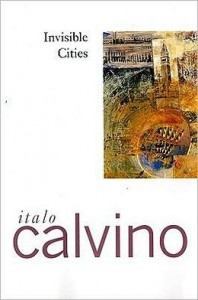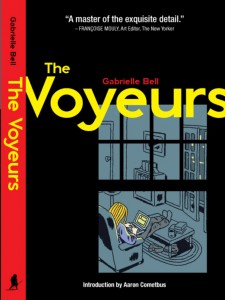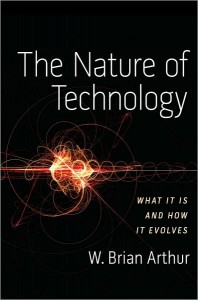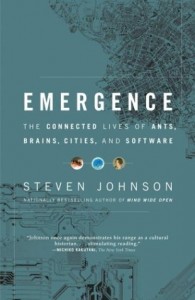Wow this book goes there and back. Apparently the premise that language shapes your thinking, worldview, possibilities is quite widespread, quite old and apparently utterly untrue.
At least that is what Guy Deutscher would have you believe towards the beginning of the book but by the end he comes full-circle and acknowledges that indeed it can color your thinking – it just doesn’t limit your thinking like some cultural theorists would have you believe in the 17 and 1800’s, they would use it support their “theories” about “less evolved” cultures and things like that.
The book starts out with the bizarre color associations in Homer’s Odyssey and Illiad what with his wine-colored sheep and green colored eyebrows. What to make of that? And it ends with an interesting language and culture of the Guugu Yimithirr which does not have “egocentric” coordinate concepts such as Left or Right, instead it only uses “geographic” coordinates so that speakers must always be aware of North and South no matter if they are in a room without windows or jumping out of a sinking boat in shark infested waters – they will always know which cardinal direction they swam to escape and their children always know which direction the tv was facing because Punch might have been to the West of Judy.
For someone who takes painstaking pains to back up his theories with evidence – the final pages of the book go into some wild hyperbole and flights of fancy and in fact the ending chapters somewhat unravel as if the author ran out of time or grant money or perhaps missed his children and just wrote some stuff to get the damn thing finished.
Overall I learned some stuff – but it wasn’t the book on language I was hoping for. And the author’s final revelation that naming things in a particular language is what actually carves up reality for us and not how reality is indeed divided, he presents as the ultimate revelation. Unfortunately buddhist monks have known about this for years.



